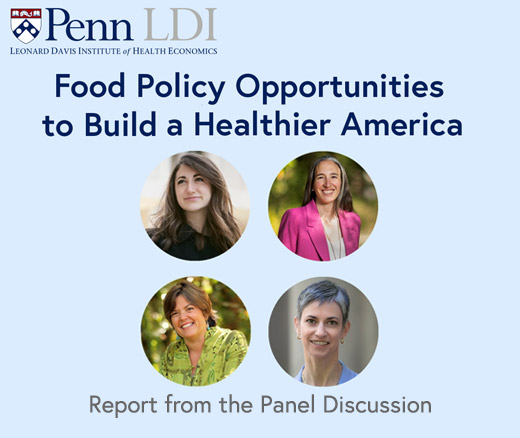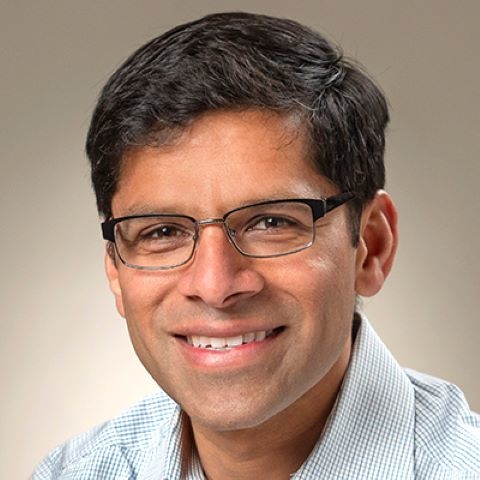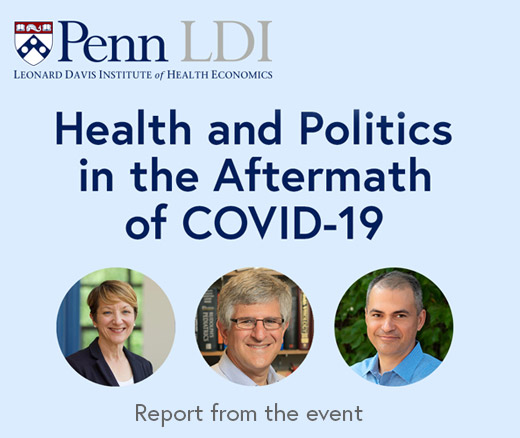
Contradictions That Confuse Federal Food Policies
Announcing Bold New Goals While Crippling the Infrastructure Needed to Achieve Them
Population Health
In Their Own Words
The following excerpt is from an op-ed that first appeared in The Hill on August 26, 2023.
Early in the pandemic, unforgettable images of long lines at food pantries across the U.S. became common as the American hunger crisis surged into full public view. These lines eased in part because of the largest-ever increase to payments by the federal government’s Supplemental Nutrition Assistance Program (SNAP). The extra $100 or more a month that many families got kept them fed at a time when food prices were soaring from inflation.
In March 2023, the federal government ended these higher payments, and our new research shows why hungry Americans are once again queuing up at pickup sites across the country.
As health researchers at the University of Pennsylvania, we used U.S. Census Bureau survey data from over 7 million people to examine what happened when 18 states ended SNAP Emergency Allotments even before the federal government ended the policy nationwide in March 2023.
Our findings are disturbing. The reduction in benefits resulted in an additional one in 20 SNAP households not having enough to eat, putting over 2 million more Americans in that predicament. These harmful consequences began immediately after the higher payments ended and worsened over the next 15 months.
Our findings are especially pertinent because of the impending reauthorization of the Farm Bill, which funds SNAP and is set to expire on Sept. 30. This is an opportunity to fully realize SNAP’s potential to eliminate hunger in one of the richest countries in the world.
Read the entire op-ed here.




Announcing Bold New Goals While Crippling the Infrastructure Needed to Achieve Them

Promising New Evidence and What’s Next

From 1990 to 2019, Black Life Expectancy Rose Most in Major Metros and the Northeast—but Gains Stalled or Reversed in Rural Areas and the Midwest, Especially for Younger Adults

A Penn LDI Seminar Focuses on Why They’re Important for the Future

Former Philadelphia Health Commissioner Warns That Gutting the CDC, Undermining Vaccines, and Politicizing Science Will Leave the U.S. Dangerously Unprepared for the Next Pandemic

Rural Parents Had More Emergency Visits and Insurance Loss Than Urban Peers, an LDI Study Shows. Integrated Baby Visits Could Help All Parents Be Healthier